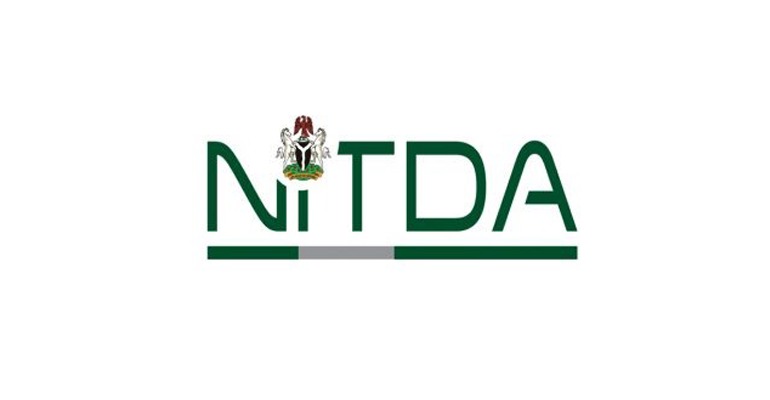Apparently conscious of the risks posed to Nigerians in terms of personal data and financial losses, the National Information Technology Development Agency (NITDA) has warned them, particularly Android phone users, about the recently identified malicious apps targeting Android users in the country.
According to the agency, the apps are designed to infiltrate devices, steal sensitive information, and compromise user privacy.
In its latest alert to phone users, the NITDA revealed four malicious apps identified that Android users in Nigeria must avoid by staying aware from their threats and adopting safe mobile practices.
It maintained that Nigerians can protect their devices and personal data from cyberattacks by guarding against the four malicious apps, namely Crazy Game, Sexy Videos, TikToks, and Weapons.
Over the past years, Nigerians and the financial system have witnessed series of attacks with the attendant huge financial and personal information losses.
For instance, available data indicated that financial losses in the nation’s banking sector through fraudulent operations cybercriminals and their allies in 2021 stood at N193. 5 billion ($544 million), representing a significant increase from the N153. 4 billion ($431 million) lost in in the preceding year.
Globally, the International Monetary Fund (IMF) reported in April this year on the need for urgent action on national cybersecurity strategies as global banks suffered $2.5 billion loss to cyberattacks in four years.
In its ‘April 2024 Global Financial Stability Report’ the Fund reported that $12 billion had been lost in the last 20 years to cyberattacks.
It stated: “Financial firms have reported significant direct losses, totalling almost $12bn since 2004 and $2.5bn since 2020.”
To frontally address the incidents, the multilateral financial institution charged central banks and authorities to develop an adequate national cybersecurity strategy complemented by effective regulation and supervisory capacity.






